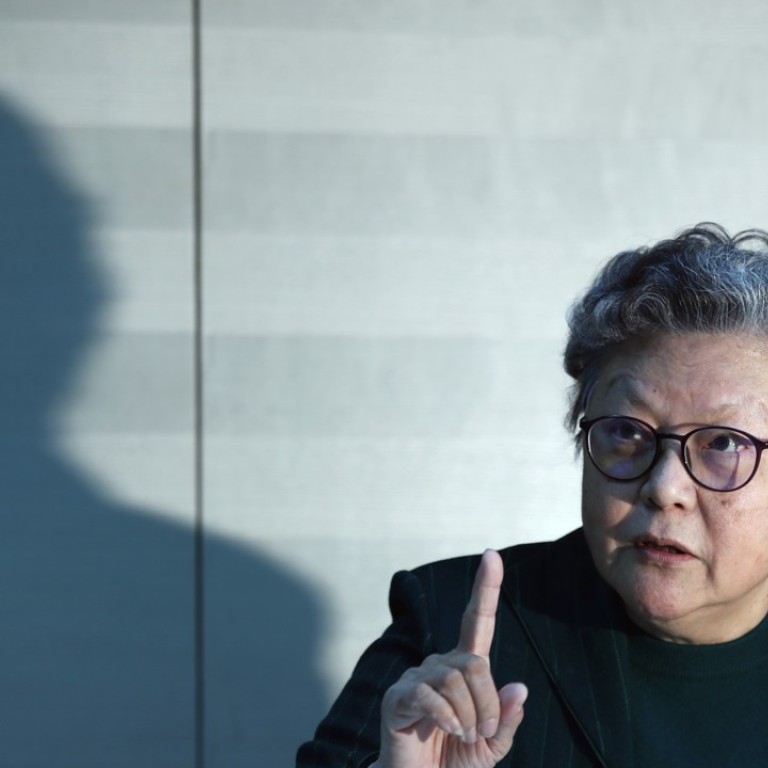
Who cares about popularity? Rita Fan unapologetic as she calls time on 34 years of Hong Kong politics
Although frequently accused of switching sides and ridiculed in the media, few question the pro-Beijing heavyweight’s ability to play the political game
Known for her indelible smile and an unflinching loyalty to those in power, Rita Fan Hsu Lai-tai has been a controversial figure in Hong Kong during a political career that has spanned more than three decades.
As she prepares to step down from a life in politics, the woman often ridiculed in the city’s Chinese press for her strong criticism of the opposition pan-democrats and localists – as well as for her loyalty to Beijing – remains unrepentant over the choices she made.
Who are the 11 new Hongkongers elected to China’s legislature – and what impact will they have on policymaking?
“I didn’t work for popularity … I worked for the Hong Kong people,” Fan said in an exclusive interview with the Post this month.
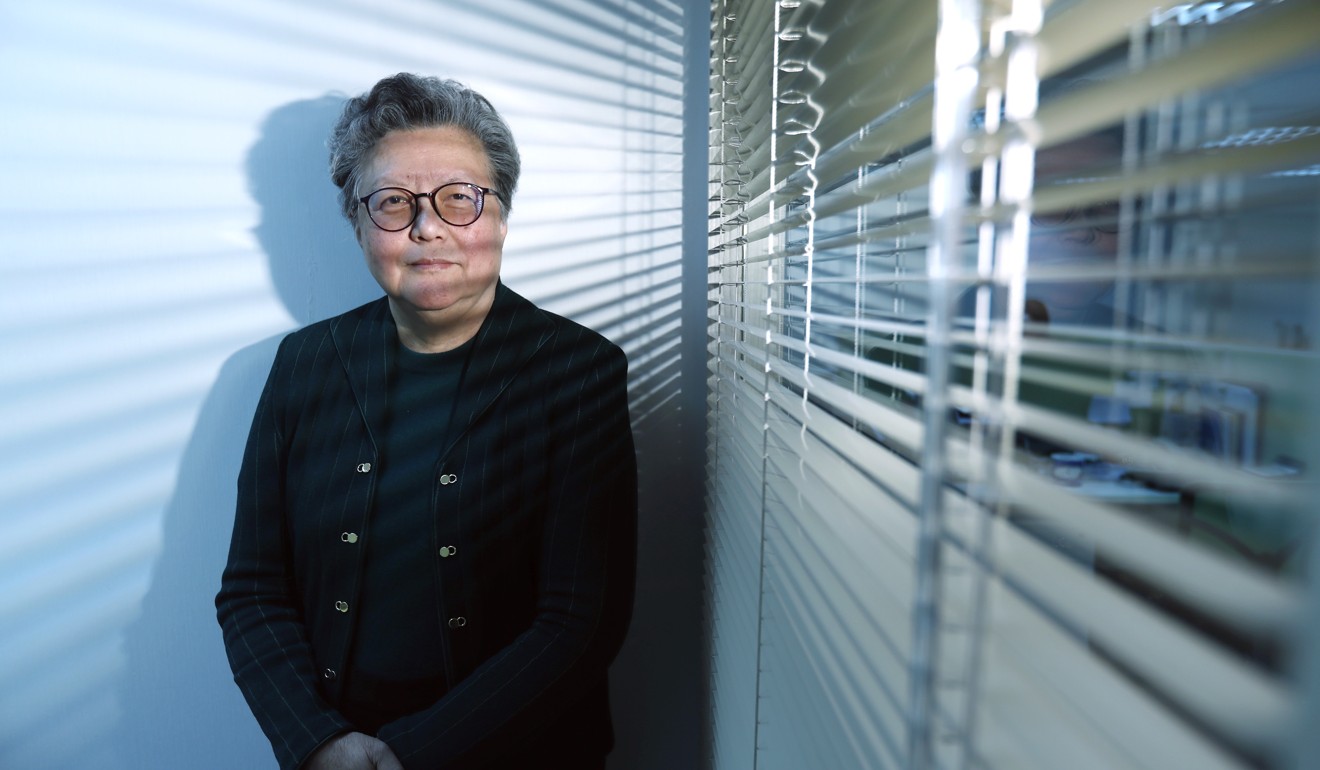
Not one to mince words, Fan has referred to some in the pro-democracy camp as “arrogant” and was seen as being too quick to play both sides over Hong Kong’s 1997 handover from British to Chinese rule.
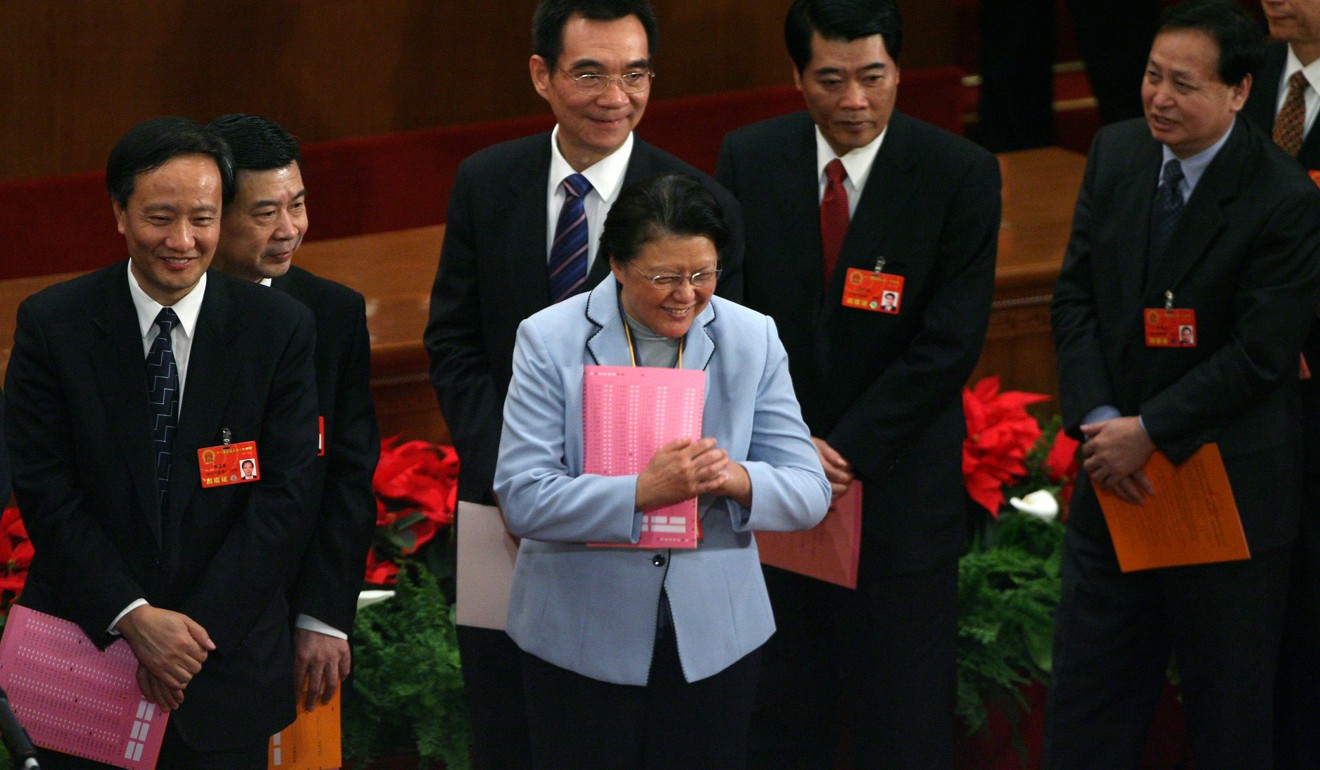
Her ability to read the political tea leaves was apparent in October 1992 when she shocked the city by resigning from the Legislative Council, in which she had served for nine years and had been gaining influence as a pro-British legislator.
She said she tendered her resignation during a meeting with Chris Patten, Hong Kong’s last governor, after he asked her to leave the Executive Council so he could revamp the advisory body. Patten had arrived in Hong Kong just months earlier.
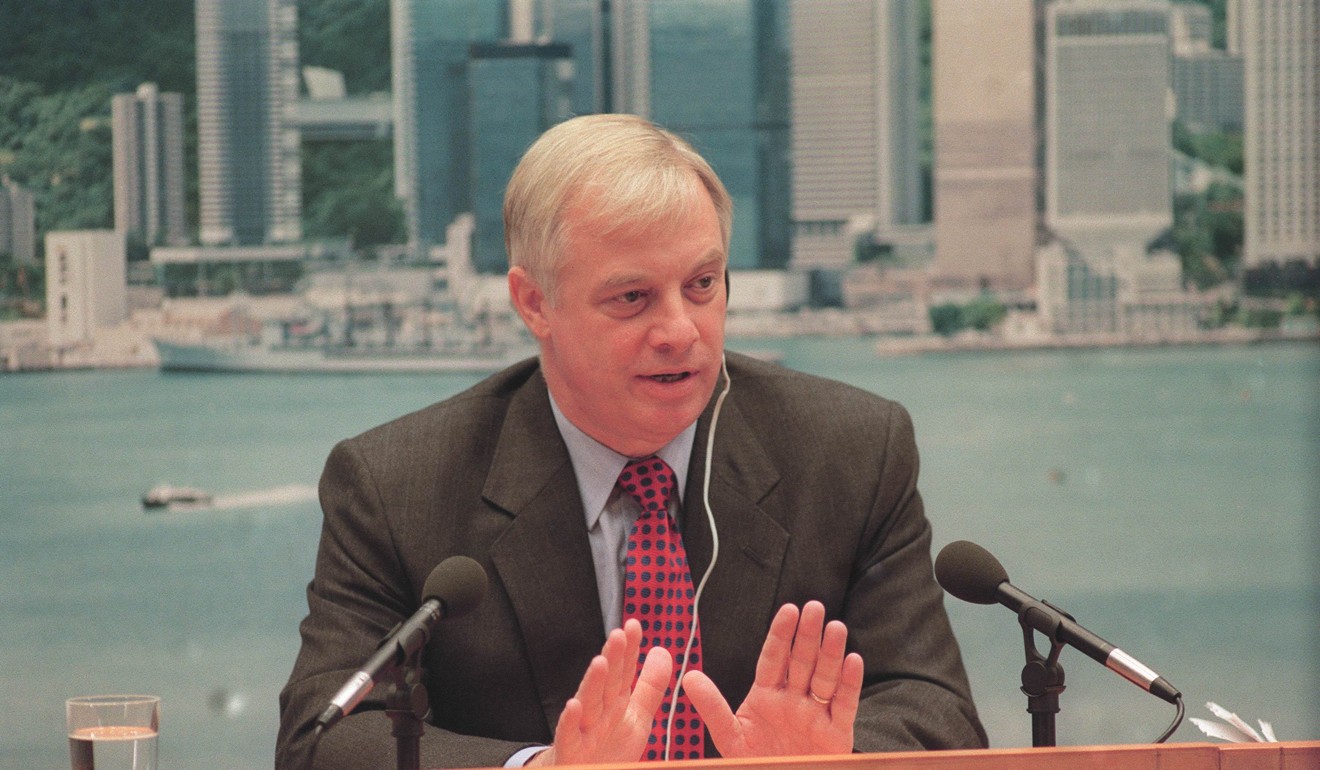
Fan has insisted that her departure had nothing to do with Patten’s style of governance, and she was simply resigning because she was “not political enough” for the new legislature.
But she revealed to the Post that it was indeed related to Patten.
“In 1992, I resigned partly because I did not agree with Chris Patten’s political stance, and partly because I was very tired,” she said.
Remembering Zhang Junsheng: Beijing’s envoy who took aim at Chris Patten
Fan then famously embarked on a dramatic rise in the pro-Beijing camp – which proved that rather than being not political enough, she was just the kind of politician that the Chinese government would like to have in the city’s – and the country’s – legislature.
Soon after Fan stepped down, Patten introduced electoral reforms to give more people a chance to vote for the legislature. To Beijing, this was Britain handing over the poisoned chalice of democracy just as it was returning the city to Chinese rule.
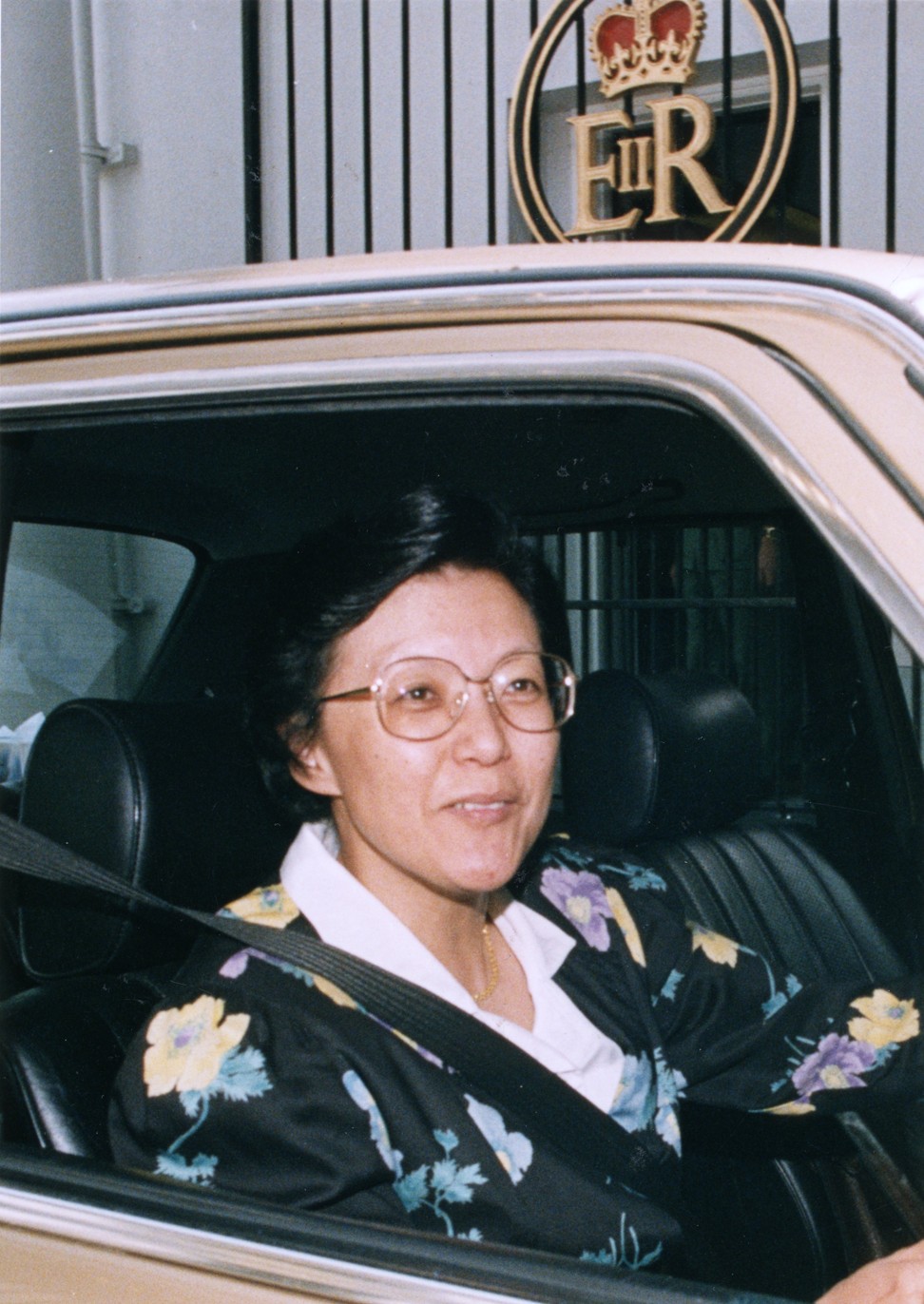
Fan said it was because she saw Patten’s reforms as a threat to a smooth handover that in 1993 she contentiously accepted Beijing’s appointment to the Preliminary Working Committee, and later the Preparatory Committee, which helped the central government prepare for the handover on July 1, 1997.
“I knew that if I did accept [the appointment], people would say, ‘she changed sides’ … but from day one until now, my aim in joining politics was to serve the Hong Kong people,” Fan said.
“My first priority has always been Hong Kong people, but you have to realise that if you do not work smoothly with the Beijing authorities, Hong Kong people are not going to get the best deal.”
Patten accused of ‘inflicting wounds’ on city as governor
Already a darling of Beijing, she was elected Legco president in 1998. Since then, Fan witnessed the gradual rise of an anti-communist and anti-establishment movement in the legislature, of which radical activist “Long Hair” Leung Kwok-hung, elected in 2004, was the poster boy.
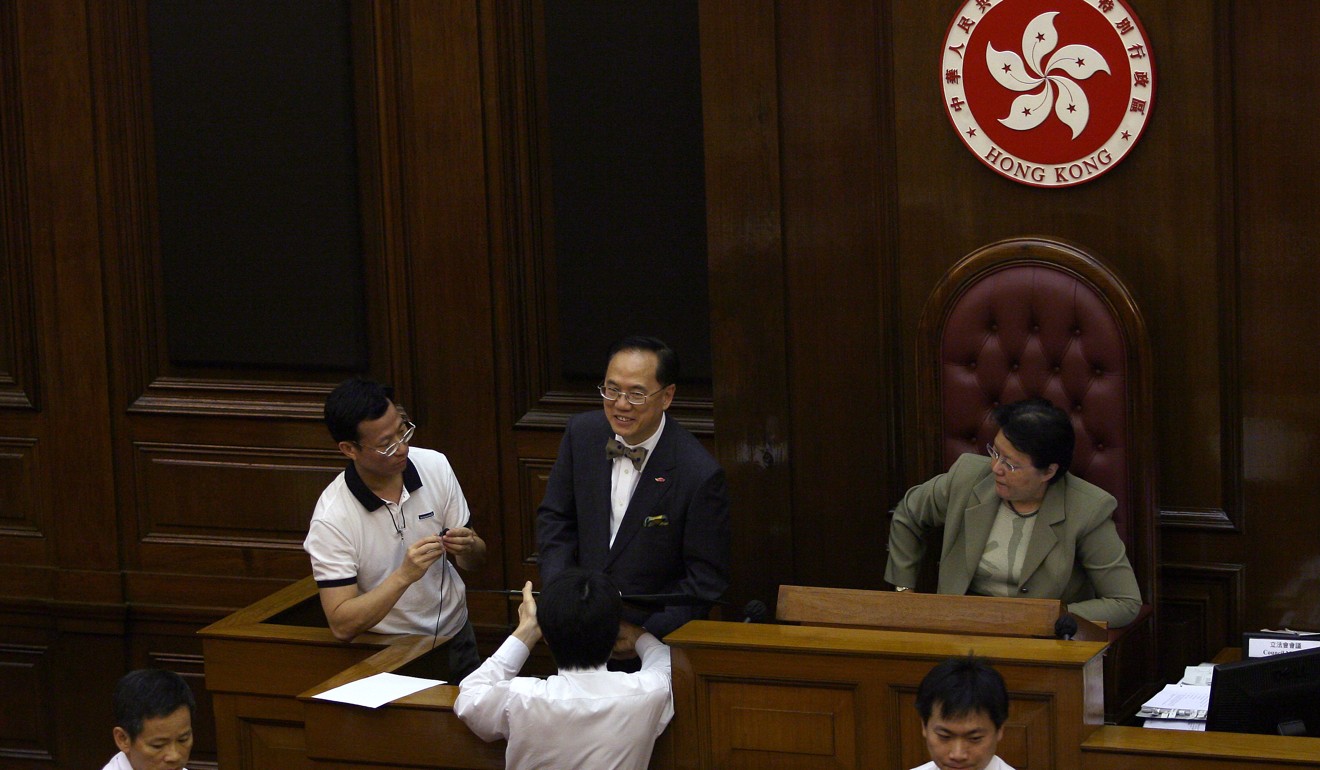
However, amid the deep political division, Fan managed to maintain an amicable relationship with both opponents and loyalists of Beijing. According to the University of Hong Kong, residents constantly ranked her the most popular lawmaker from 2005 to 2008.
Shortly before retiring from Legco in 2008, Fan was elevated to the top echelon of China’s legislature, the NPCSC.
Beijing seeks better understanding of Communist Party’s work and goals from Hong Kong establishment
But Fan said she had no regrets over her political career, let alone over becoming unpopular for defending Beijing’s policies and rebuking its critics.
“If I allowed these opposition members to put Hong Kong in a confrontational position with the central authorities, I would be doing Hong Kong a disservice,” she said.
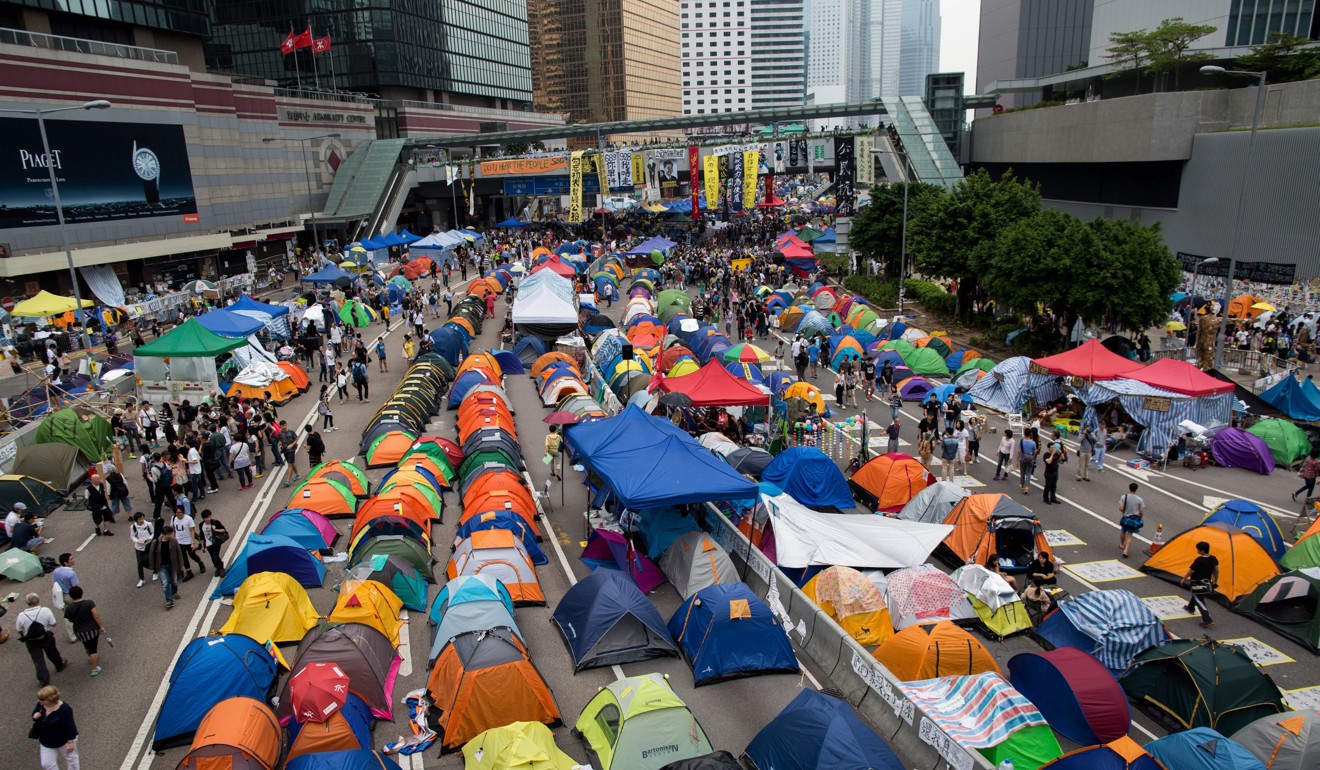
If there were any shortcomings in her career, she admitted, it was that officials and politicians like her did not do enough to educate Hong Kong’s young generation about China’s progress in the past decades.
“People like me have failed to realise the importance of giving a real picture of China to our young people, because in our schools, some of our teachers who are inclined towards the pan-democrats or anti-communism have been influencing our youngsters to dislike China,” she said.
Five years of hits and misses – Leung Chun-ying steps down as leader of a bitterly divided Hong Kong
“After Leung came onto the scene … [Hong Kong independence] was talked about on the internet, and among the youngsters,” she said.
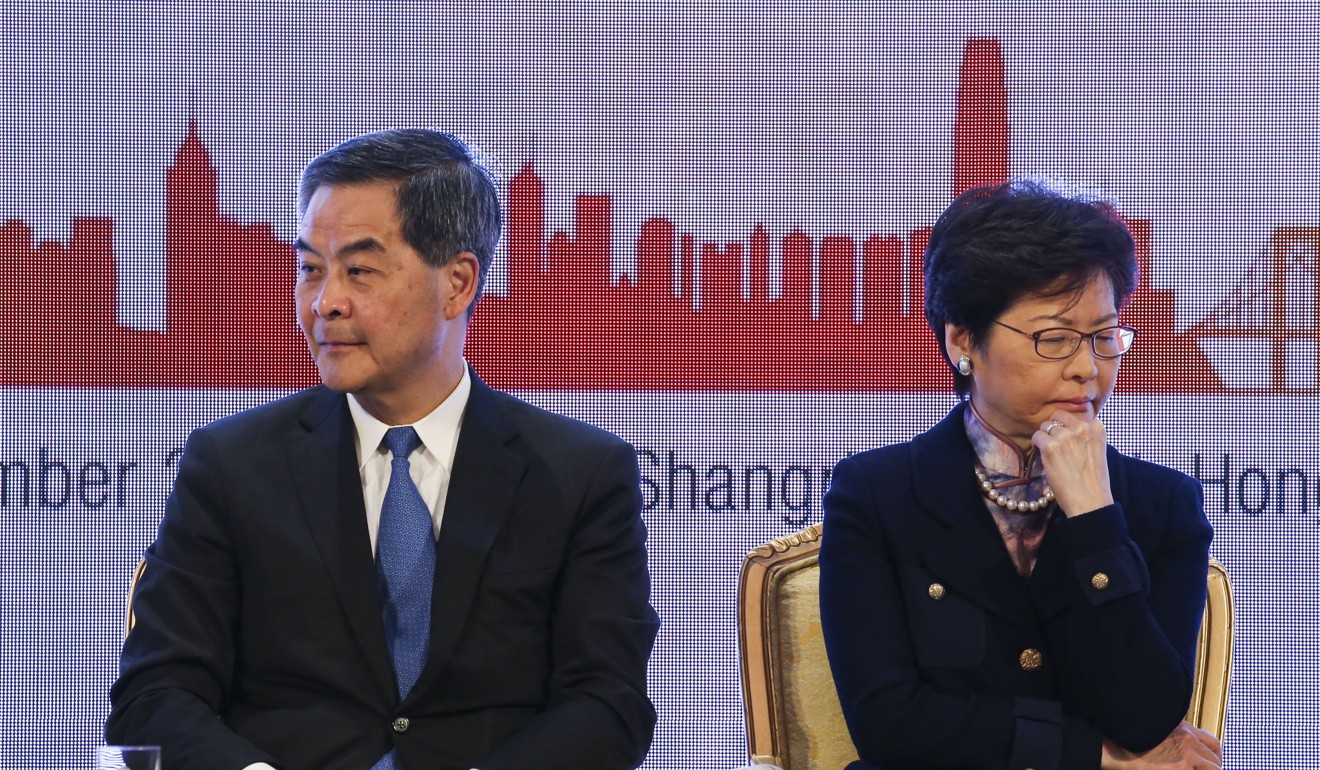
Can Hong Kong’s new NPC deputies be the change that the city’s zero-sum politics needs?
As for Fan, her job on the standing committee ends officially in mid-March, when the NPC elects a new group of members to sit on its top body.
Her son, Andrew Fan Chun-wah, had planned to run to be one of Hong Kong’s 36 deputies on the NPC, but decided against it, ending the family’s political aspirations for now.
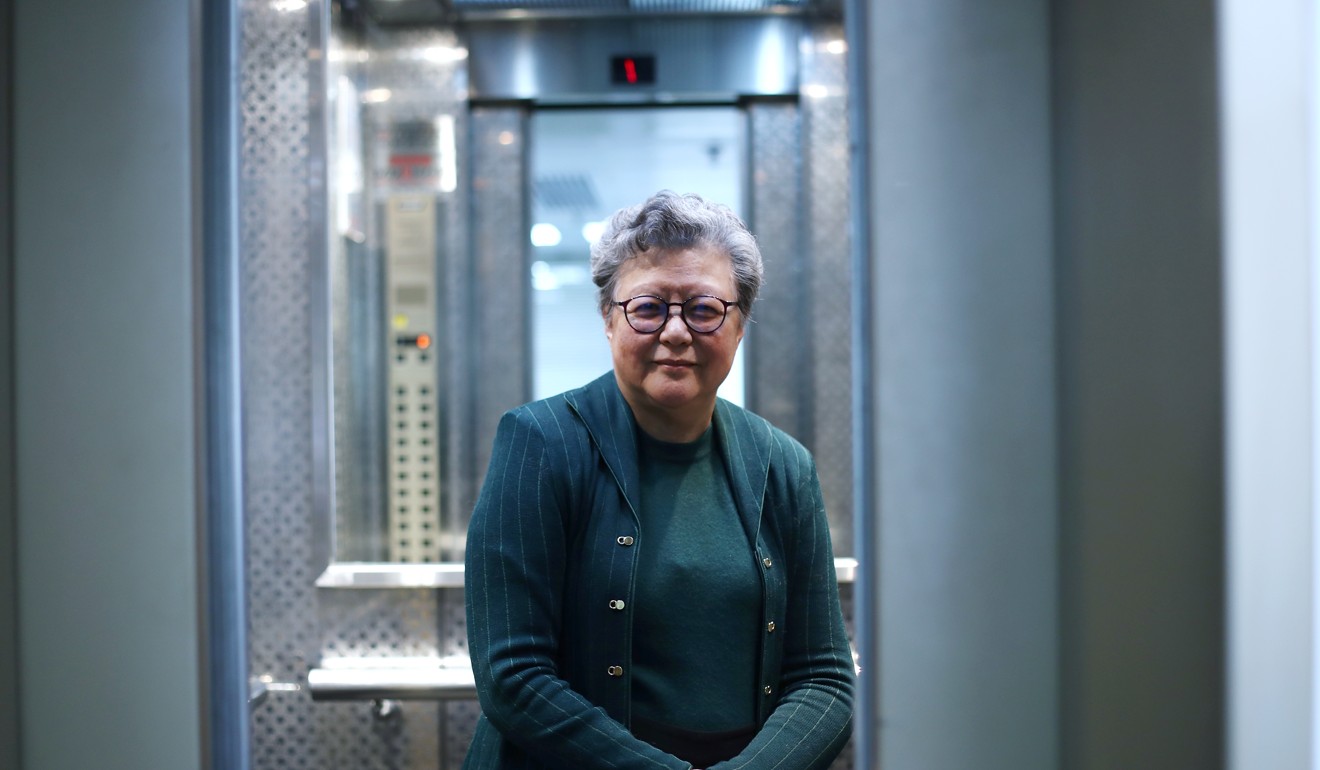
High points and low ratings
Rita Fan’s first term as a member of China’s top legislative body coincided largely with a worsening of social problems in Hong Kong.
Fan was a popular choice when she was first chosen for the committee in 2008. Among nearly 3,000 NPC deputies who cast their ballot, Fan garnered 2,896, or 98 per cent, of the votes, and ranked ninth among 161 winners around the country.
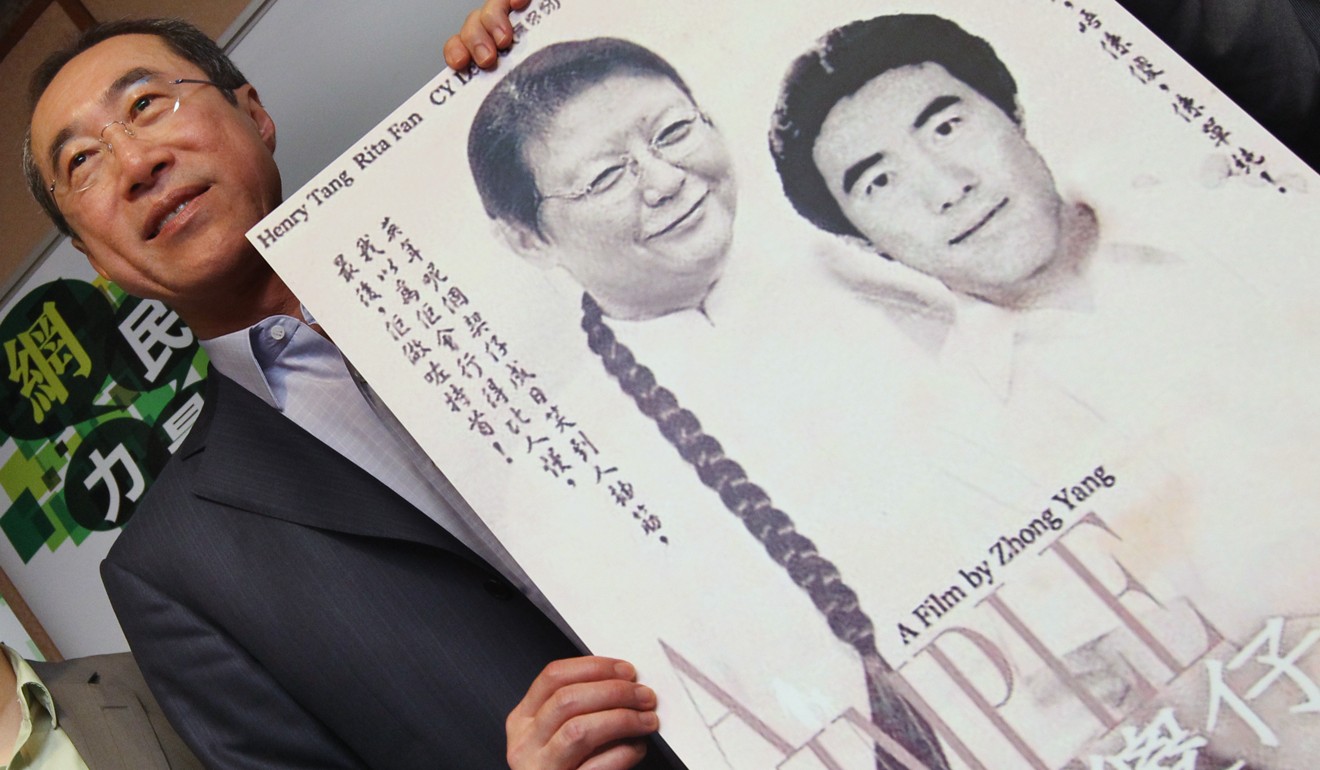
“The middle class have always been the key supporters of the Hong Kong establishment … [but with] their earnings falling, inflation going up, they [saw] themselves becoming less and less well off,” she recalled. “There were very strong feelings.”
Henry Tang to spread message of Hong Kong’s freedoms, and how they help the arts thrive, as head of cultural district authority
These problems were part of the reason Fan supported Henry Tang Ying-yen, the No 2 official in Tsang’s administration, in the run-up to the city’s leadership race in 2012.
She once suggested that Tang’s “administrative experience” would give him an edge.
After Tang was defeated by Leung Chun-ying, formerly the Executive Council’s convenor, Fan continued to be critical of Leung.
In September 2012, she took a veiled swipe at Leung for not rectifying the policies drafted by Tsang’s cabinet, after Leung’s administration scrapped moves to make national education a compulsory subject in schools amid mass demonstrations.
However, Fan’s outspoken stance against Leung cost her support in 2013, when her vote share and ranking fell in her re-election to the standing committee.
Although her 2,790 votes represented 95 per cent of the total, her tally was three percentage points and 106 votes lower than her showing in 2008. Her ranking also plunged from ninth to 79th among the 161 committee members.
Leung Chun-ying’s elevation to elder statesman is ‘Beijing’s reward for handling Occupy protests’
The former Legislative Council president had already slid to 29th in the vote for local NPC deputies in December 2012, which she topped in 2008 and 2002.
Fan said the relationship between Hong Kong and Beijing had improved since Lam took office as the city’s leader in July, but there was still more to be done before Hong Kong wins Beijing’s approval and a popular ballot for the city’s leadership can be introduced.
She said: “If the majority of Hong Kong people would not vote for candidates who are basically looking for Hong Kong independence, or self-determination … I am pretty sure the central authorities in China would be very willing to discuss further democratisation.”

